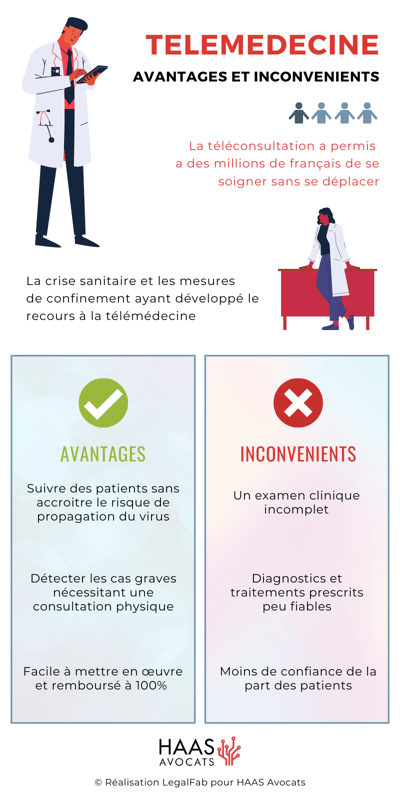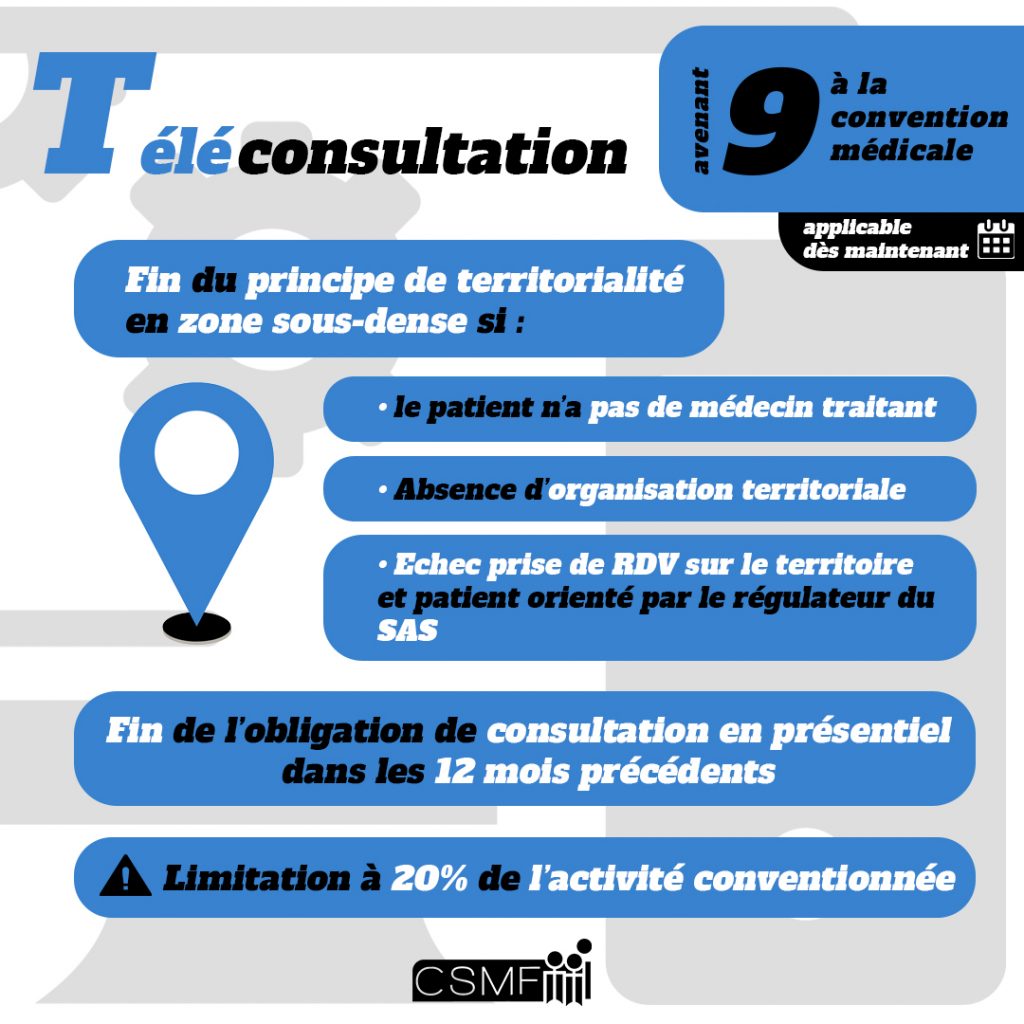There telemedicine emerges as an innovative solution in the field of psychiatry, offering new possibilities for support patients. Through the use of information technology, it is now possible to carry out remote consultations, making care more accessible and adapted to the specific needs of patients. This model does not replace in-person interactions, but complements them, allowing for improved flexibility and efficiency in mental health management. The economic issues and feedback demonstrate positive developments, paving the way for a promising future for telemedicine in psychiatry.
|
IN BRIEF
|
There telemedicine emerges as an essential tool in the management of patients in psychiatry. Thanks to technological advances, it allows remote consultation more accessible and personalized. This article explores the numerous applications of telemedicine in the field of mental health, the associated issues, as well as its potential impact on the quality of care.
Applications of telemedicine in psychiatry
THE apps of telemedicine in psychiatry are varied and meet different needs. For example, the videoconference consultations allow patients with mobility difficulties to benefit from regular follow-up with their treating physician. Furthermore, the teleexpertise offers the possibility for a doctor to seek the opinion of others medical professionals remotely, thus facilitating clinical decision-making.
Economic and logistical advantages
Beyond the benefits in terms of clinical precision, telemedicine presents significant economic advantages. Patient care can become more economically affordable, particularly in establishments such as EHPADs, where travel and accommodation costs are reduced. Studies indicate that significant use of telemedicine can justify the initial investment necessary for its deployment, as highlighted in the report on telemedicine in EHPADs: link.
Impact of telemedicine on quality of care
There telemedicine is not simply limited to providing access to care, it also has an impact on quality of care provided. Digital technologies allow more regular and adapted monitoring of patients, which can improve adherence to treatments and reduce symptoms. The data accumulated during consultations can be used to adjust treatment to the best interests of the patient.
Challenges and perspectives
Despite its advantages, telemedicine encounters several challenges to be noted. The need for a technological infrastructure Strength and training of healthcare professionals to use these tools effectively cannot be underestimated. However, feedback from various health centers show that these challenges can be overcome with thoughtful and tailored implementation. Recent research, such as that presented in the report on the impact of digital technologies on medical practice, highlights the importance of quickly adapting to these new realities: link.
Conclusion of future prospects
In short, the telemedicine represents a promising solution for the future of psychiatry, facilitating access to care and improving the quality of patient monitoring. Current initiatives illustrate the potential of this model to transform the way mental health is understood and treated.

Introduction to Telemedicine in Psychiatry
In recent years, the telemedicine has established itself as a major innovation in the field of mental health. By allowing a remote consultation between a psychiatrist and a patient, this approach offers improved access to care, promotes continuity of therapeutic monitoring and adapts to the specific needs of individuals suffering from mental disorders. Hereby, we will examine the different applications of telemedicine in psychiatry, as well as its future prospects for effective patient care.
Increased Accessibility to Care
Telemedicine facilitates access to care for patients living in isolated geographic areas or for those who have difficulty traveling. By reducing physical barriers, this method allows more patients to benefit from therapeutic monitoring, notably through consultations in videoconferencing. These practices are particularly beneficial in the management of disorders such as depression or the anxiety disorders, where regular monitoring is crucial for improving the patient’s condition.
Economy and Efficiency
Economically, the practice of telemedicine is advantageous. Studies have revealed that the cost of support in cognitive-behavioral therapy (CBT) conducted via teleconsultation was comparable, or even lower, than that of face-to-face sessions. This is partly due to reduced travel costs and more efficient use of practitioners’ time. Healthcare establishments can thus optimize their resources while providing quality service to their patients.
Technological Integration in Medical Practices
The development of digital tools and computerized medical records interoperable systems represents a significant step forward for telemedicine. These technologies enable more fluid management of patient information and better coordination between different healthcare professionals. The integration of these tools also facilitates the evaluation of patient progress in real time, thus optimizing therapeutic interventions.
Reactions and Feedback
Positive feedback has been observed regarding remote consultations. Patients often report anxiety reduction related to medical appointments and a feeling of increased security by being in a familiar environment. In addition, practitioners agree that online exchanges promote open communication, essential for establishing a relationship of trust, a pillar of any therapeutic practice.
Challenges to Overcome
Despite its advantages, telemedicine in psychiatry is not without challenges. The questions of confidentiality and of data security must be systematically addressed in order to guarantee patient confidence in this mode of care. Additionally, it is necessary to ensure that all patients have the required digital skills and equipment to facilitate access to these innovative services.
Over the years, telemedicine has demonstrated strong potential for development within psychiatry. Increasing accessibility to care, economic benefits and the integration of digital technologies contribute to a promising future for patient care. Through thoughtful development and ongoing evaluation of implemented practices, telemedicine represents a path forward for mental health.

There telemedicine represents a significant advance in the field of mental health, particularly in psychiatry. It makes it possible to strengthen access to care for patients who, for various reasons, may have difficulty traveling to a medical-psychological establishment. By offering remote consultations, telemedicine optimizes care, while respecting the continuity of care among practitioners.
Applications of telemedicine according to specific clinical situations, for example in the context of cognitive-behavioral therapies (CBT), demonstrate a cost variance minimal between videoconferencing and face-to-face consultations. This suggests that this tool is not only financially viable, but it may also provide increased accessibility to patients suffering from anxiety disorders, depression, or other psychiatric conditions.
Another crucial aspect is improving care coordination through computerized patient records and interoperable. These digital tools facilitate the exchange of information between health professionals, which reinforces the effectiveness of teleconsultations. Feedback shows that proper integration of these tools into the care pathway can significantly improve adherence to treatments.
In short, the telemedicine in psychiatry is not intended to replace traditional consultations, but aspires to enrich existing practices. With the rise of digital technologies and greater acceptance by patients, it is possible that telemedicine will become a central pillar of psychiatric care, offering a promising future for mental health care.













